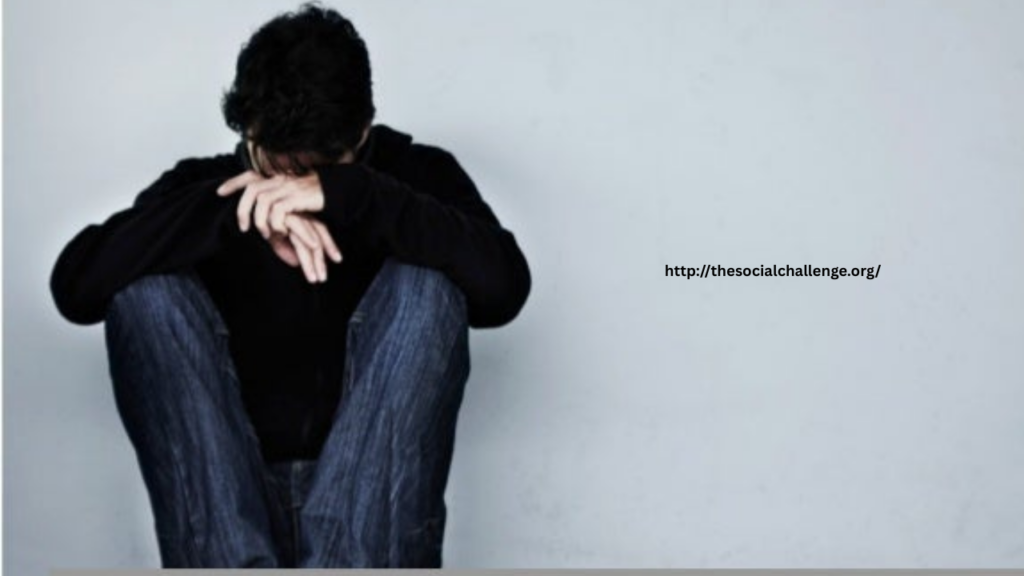
Recovery from addiction is not a one-size-fits-all journey—it’s a deeply personal process that involves healing, growth, and transformation. Yet, for many people, the path to recovery is made harder by society’s outdated and stigmatizing views of addiction. When we redefine what recovery truly means and shift how we view addiction, we unlock the potential to change lives, communities, and even systems. A more compassionate and informed perspective on addiction is not just helpful—it’s essential for creating a world where people are empowered to heal.
Moving Beyond the Stereotypes
Historically, addiction has been viewed as a moral failing or a lack of self-control. This belief has fueled stigma, shame, and punishment rather than support and treatment. People struggling with addiction are often labeled as “junkies,” “drunks,” or “lost causes,” which dehumanizes them and makes recovery seem out of reach. But addiction is not a character flaw—it is a chronic, treatable medical condition that affects the brain and behavior.
By understanding addiction as a health issue, not a personal failure, we can replace judgment with empathy. This shift allows us to offer effective support and give individuals the dignity they deserve in their recovery process.
What Recovery Really Looks Like
Recovery is not simply about abstaining from drugs or alcohol. It’s about rebuilding a meaningful life—restoring relationships, developing healthy coping mechanisms, finding purpose, and achieving emotional and physical well-being. For some, recovery includes medication-assisted treatment (MAT), therapy, 12-step programs, or alternative pathways that reflect their unique needs.
Society must recognize that recovery is not linear. Relapse is often a part of the journey, not a sign of failure. Just like managing other chronic illnesses, recovery from addiction can involve setbacks and progress. When we accept this reality, we remove the unrealistic pressure for perfection and encourage individuals to stay committed to their healing without fear of shame.
The Role of Community and Support
Recovery thrives in environments that are supportive, nonjudgmental, and inclusive. This means creating communities that celebrate progress, no matter how small, and offer resources without barriers. Access to affordable treatment, housing, employment opportunities, and peer support networks are all vital components of a recovery-friendly society.
Families, friends, employers, and policy makers also play a role. When loved ones offer compassion instead of criticism, when workplaces provide second chances, and when laws support rehabilitation over incarceration, we foster an ecosystem where recovery can flourish.
Changing the Narrative
Media and popular culture have a powerful influence on how society views addiction and recovery. By shifting the focus from tragic endings to stories of hope, resilience, and transformation, we can inspire change. People in recovery are not broken—they are courageous individuals who are overcoming immense challenges every day. Highlighting their strength and successes can motivate others to seek help and challenge the negative assumptions still surrounding addiction.
A Call to Redefine Recovery
Redefining recovery means embracing it as a lifelong, dynamic journey of personal growth. It’s time to stop defining people by their past and start supporting them for who they are becoming. When society changes its view of addiction, we open the door to healing—not just for individuals, but for families and entire communities. Recovery is not only possible—it’s powerful. And with the right support, it can transform lives.